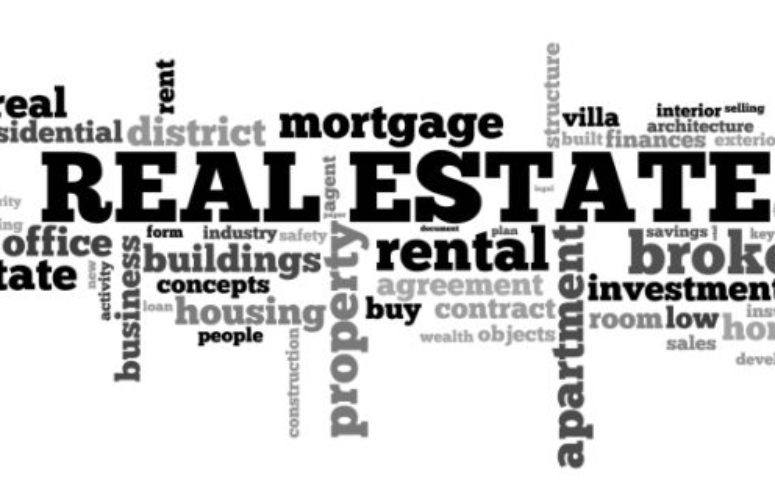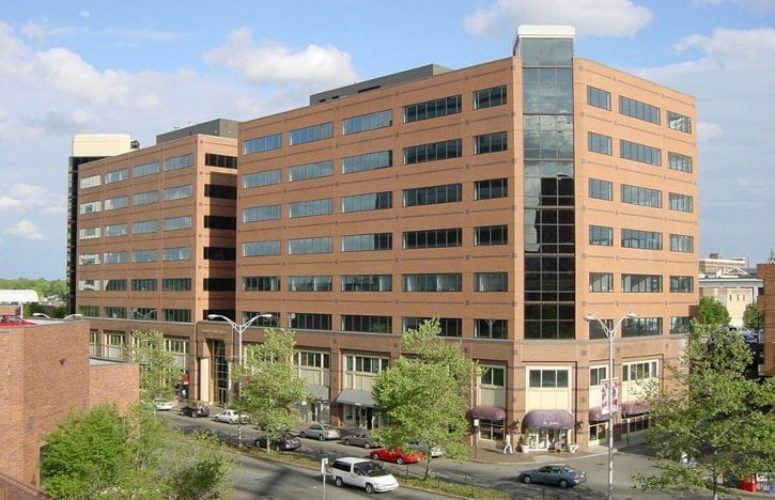
Special Report: The 2017 Economy and CRE Market
By George N. Saliba, Managing Editor On Jan 20, 2017What is the economic outlook for 2017, and – more specifically – what is the prognostication for commercial real estate? At NAIOP-NJ’s annual meeting and 2017 Commercial Real Estate Outlook, held last night at the Hilton Short Hills, Colliers International’s Chief Economist Andrew Nelson regaled the audience with trend lines for both of the above-mentioned arenas, painting a complex portrait of both positive and negative elements.
The Economy – Some Positives
Nelson said the United States’ economy is expanding at this time, with: home prices having returned to “peak prices, nationally”; home starts at stable levels; and “full employment.” Nelson elaborated, “We have more jobs in this country than we have ever had. Consumers are happy. Why? Because they have their jobs back, No. 1, and their financial houses [are] in much better shape. Their debt levels are way down, and their wealth has been restored.”
Nelson added that benign credit markets, low interest rates, and low inflation are supportive of business investment and profiting investment.
The Economy – Some Negatives
On the downside, Nelson cited the fact that not all United States regions have shared equally in the economic recovery, and, moreover, wage growth has been flat. To the extent our nation is affected by international trade, the global economy has been rather weak, and the financial sector abroad has been “a bit shaky.”
Overall, Nelson said, “… We have been at this [economic] expansion for quite a few years, now – for over seven-and-a-half years, and it is starting to show its age. So, [there is] a mix of good and bad [factors]. Then, there are these unknowns of an incoming [Trump] administration, which portends a lot of change. Wall Street seemed pretty happy, initially, with what they were expecting. I think it got a little bit ahead of itself, and they are now reconsidering, a bit. There is some strong upside potential … but, there are also some significant risks. It is a mixed bag. But, overall, the economy is in pretty good shape.”
Future Concerns
While Nelson again referenced the large number of jobs in this country, his long-term concerns included a decline in the labor participation rate. He added, “This has been going on for quite a while. And what it means is: We have fewer people supporting the economy. So, we are going to grow more slowly when fewer people are working.” Additionally, the productivity growth rate has been falling. Nelson also spoke about income distributions and falling wages.
Property Markets
With property markets, since many people in the United States are renting, multi-family’s supply has not kept pace with demand. Meanwhile, industrial real estate has been driven by e-commerce and logistics, while retail real estate is not faring especially well. Nelson stated, “I am very bearish on the retail sector.”
And while the United States has a record number of jobs (office workers), Nelson said, “many of them are working in alternative arrangements; they are sharing space; they are working from home, and their cubicles are getting smaller and smaller. So, we have not had a full [office sector] recovery.”
New Jersey
Nelson explained, “Overall, New Jersey has been a story of moderate growth. And, going forward, we expected a little bit better, but, still, it’s a story of moderate growth. Turning to the property markets, at the end, I think that is part of the problem with why office vacancies have remained elevated [in New Jersey], relative to the US. Industrial [real estate] has been relatively strong. We haven’t seen as much improvement as we did nationally, but, over the course of the cycle, New Jersey actually has been out-performing the United States. That’s been a relatively good story, right there.”
Long-Term
Nelson said, “Let me wrap-up with my forecast: I think it is still relatively positive going forward, but we are getting kind of towards the end of expansion. I have to put this in context: [The economy] has been growing now for 91 months; seven-and-a-half years. How long has the longest expansion in our nation’s history been, going back to Hamilton? The longest expansion in our nation’s history? … It was in the 1990s, when we grew for 10 years. So, we have been growing seven-and-a-half years.”
He added, “The risks rise as you have an older expansion. What does happen is the longer you are growing, the more – the likelihood – that something can dislodge it.”
Related Articles:




